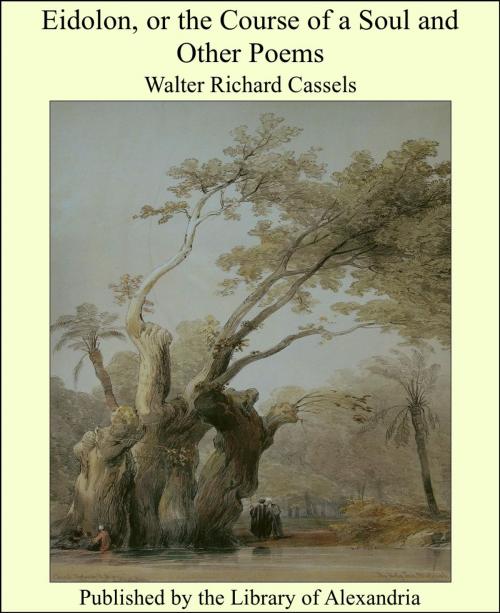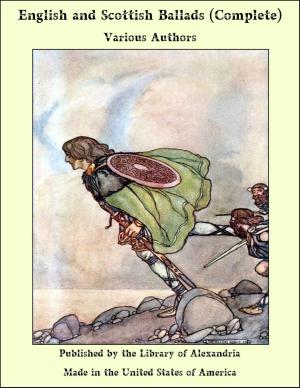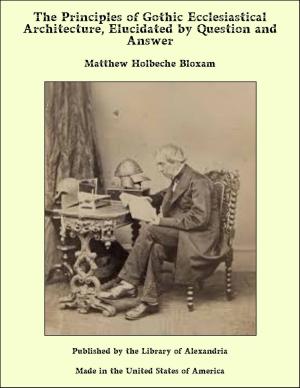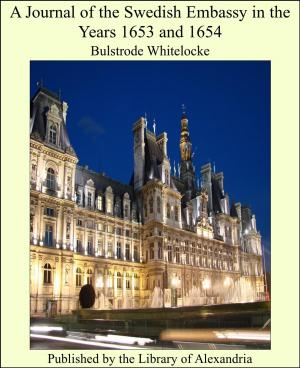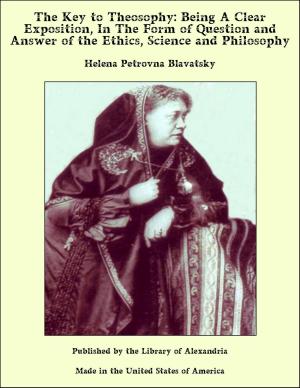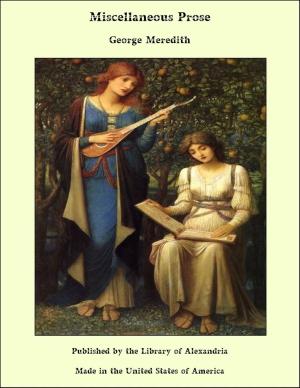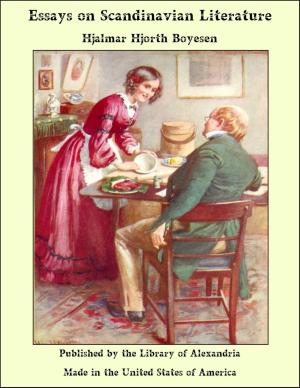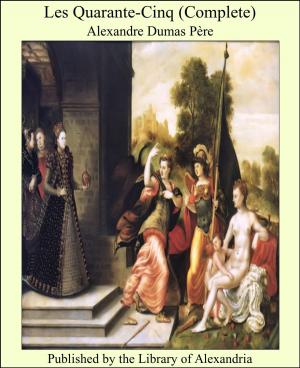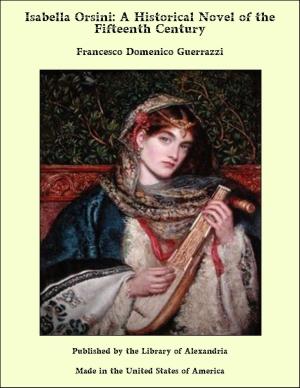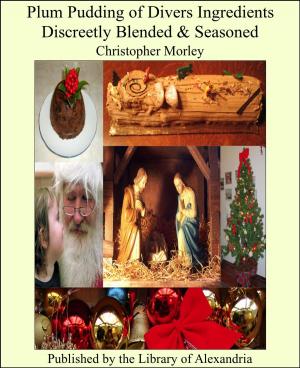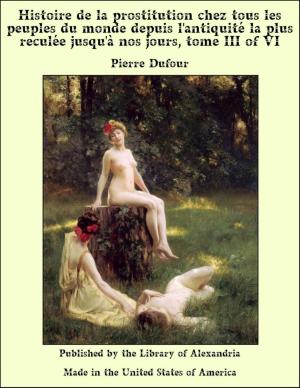Eidolon, or the Course of a Soul and Other Poems
Nonfiction, Religion & Spirituality, New Age, History, Fiction & Literature| Author: | Walter Richard Cassels | ISBN: | 9781465508423 |
| Publisher: | Library of Alexandria | Publication: | March 8, 2015 |
| Imprint: | Language: | English |
| Author: | Walter Richard Cassels |
| ISBN: | 9781465508423 |
| Publisher: | Library of Alexandria |
| Publication: | March 8, 2015 |
| Imprint: | |
| Language: | English |
Hazlitt says, one cannot "make an allegory go on all fours," it must to a certain degree be obscure and shadowy, like the images which the traveller in the desert sees mirrored on the heavens, wherein he can trace but a dreamy resemblance to the reality beneath. It therefore seems to me advisable to give a solution of the "Eidolon," the symbol, which follows, that the purpose of the poem may at once be evident. In "Eidolon" I have attempted to symbol the course of a Poet's mind from a state wherein thought is disordered, barren and uncultivated, to that which is ordered and swayed by the true Spirit of Poetry, and holds its perfect creed. I have therefore laid the scene on a desert island, whence, as from the isolation of his own mind, he reflects upon the concerns of life. At first he is a poet only by birthright 'Poeta nascitur.' He has the poet's inherent love for the Beautiful, his keen susceptibility of all that is lovely in outward nature, but these are only the blossoms which have fallen upon him from the Tree of Life, the fruit is yet untasted. He has looked at the evil of the world alone, and seeing how much "the time is out of joint" has become misanthropic, and turns his back alike on the evil and the good. Then comes Night, the stillness of the soul, with starlight breaking through the gloom. He gazes on Other worlds, and pictures there the perfection he sighs for, but cannot find in this. Thus by the conception of a higher and nobler existence acquiring some impetus towards its realization
Hazlitt says, one cannot "make an allegory go on all fours," it must to a certain degree be obscure and shadowy, like the images which the traveller in the desert sees mirrored on the heavens, wherein he can trace but a dreamy resemblance to the reality beneath. It therefore seems to me advisable to give a solution of the "Eidolon," the symbol, which follows, that the purpose of the poem may at once be evident. In "Eidolon" I have attempted to symbol the course of a Poet's mind from a state wherein thought is disordered, barren and uncultivated, to that which is ordered and swayed by the true Spirit of Poetry, and holds its perfect creed. I have therefore laid the scene on a desert island, whence, as from the isolation of his own mind, he reflects upon the concerns of life. At first he is a poet only by birthright 'Poeta nascitur.' He has the poet's inherent love for the Beautiful, his keen susceptibility of all that is lovely in outward nature, but these are only the blossoms which have fallen upon him from the Tree of Life, the fruit is yet untasted. He has looked at the evil of the world alone, and seeing how much "the time is out of joint" has become misanthropic, and turns his back alike on the evil and the good. Then comes Night, the stillness of the soul, with starlight breaking through the gloom. He gazes on Other worlds, and pictures there the perfection he sighs for, but cannot find in this. Thus by the conception of a higher and nobler existence acquiring some impetus towards its realization
